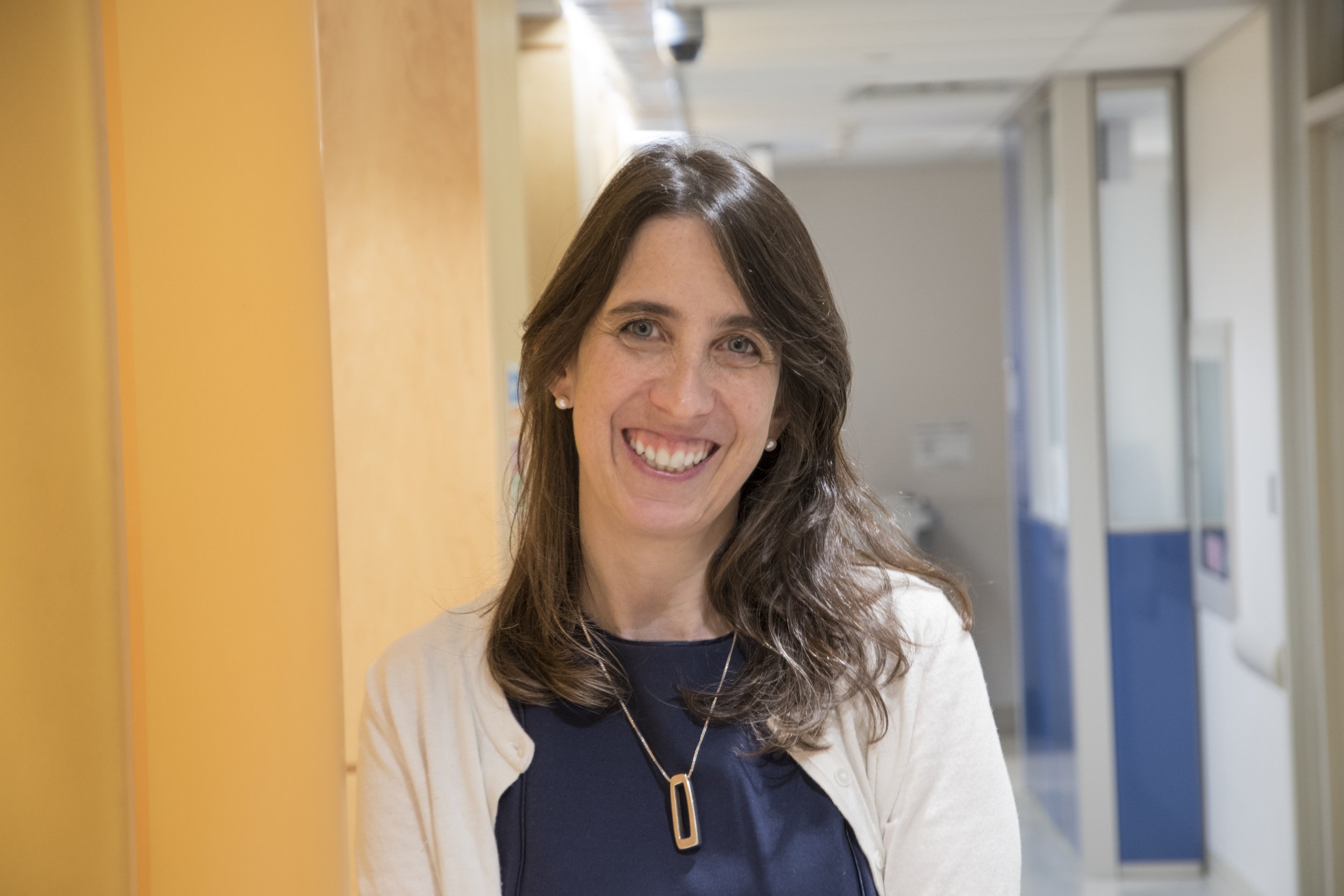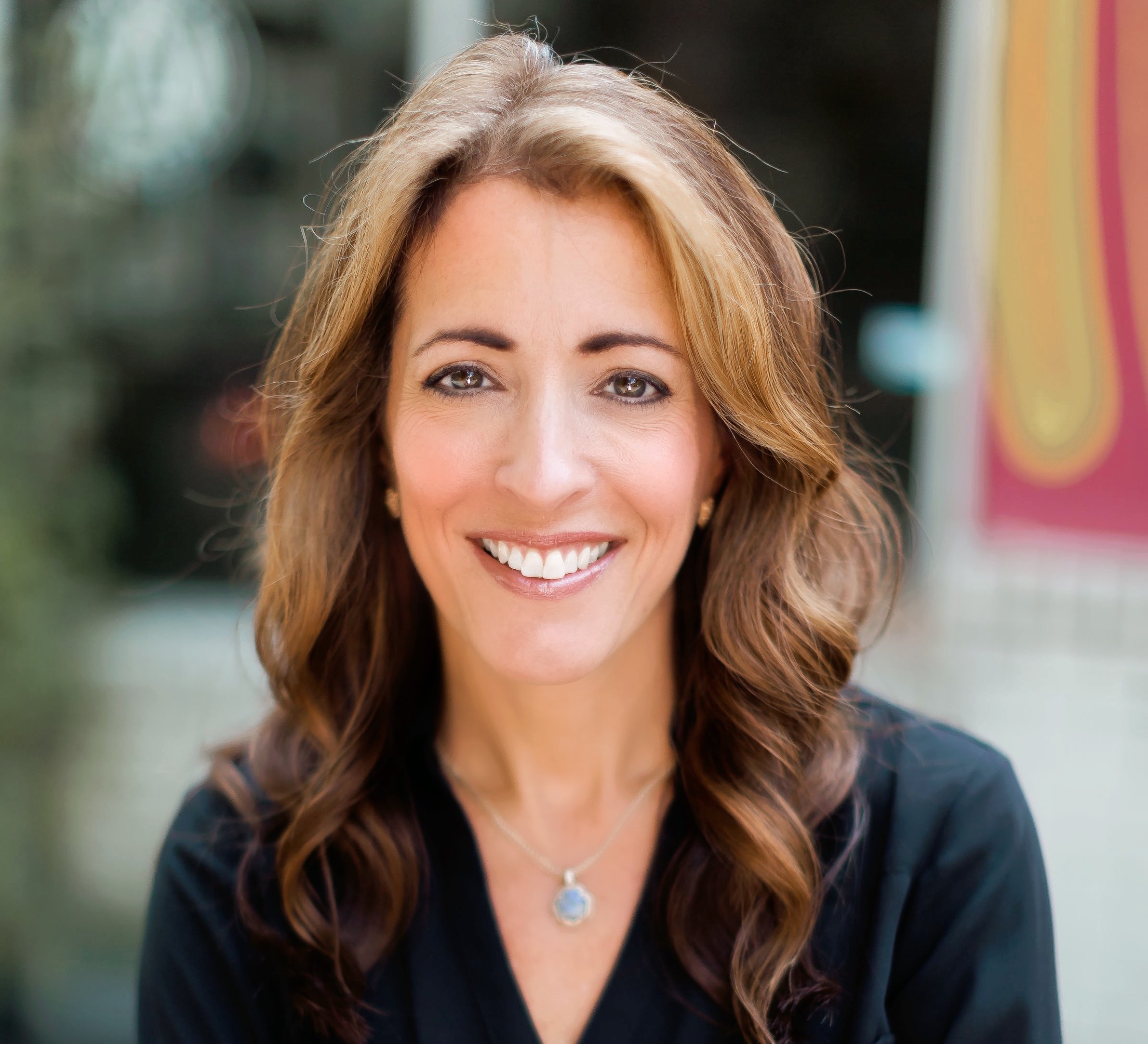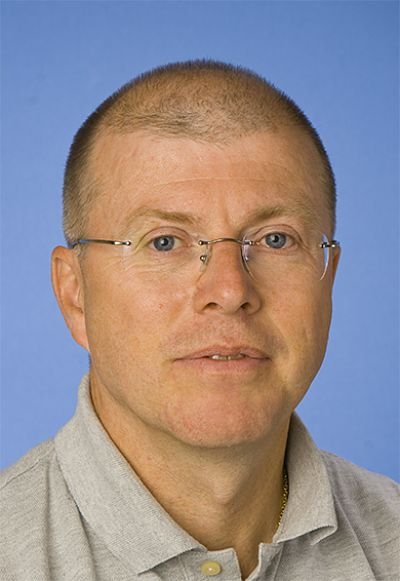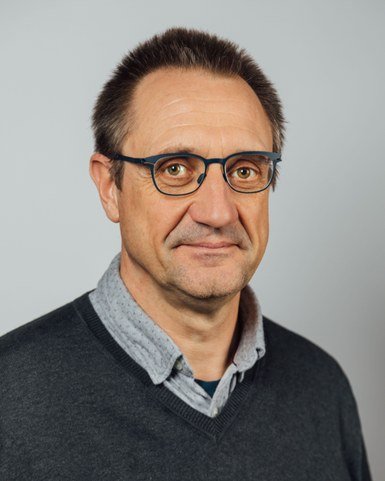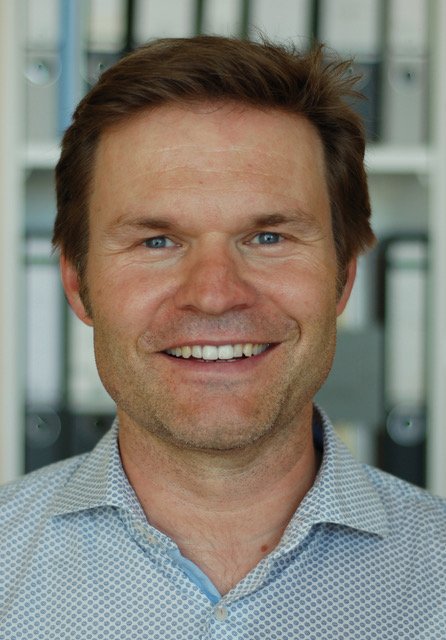Our Scientific Advisory Board
Our Scientific Advisory Board (SAB) brings together eminent neuroblastoma scientists and clinicians. A new Board is selected for each major research grant round, after we have received all research grant applications.
We make a conscious effort to find Board members who are totally independent of any applications and have the relevant breadth of knowledge and experience to effectively peer review the science which has been presented to us.
The SAB play a key role in our grant research funding process, recommending applications and providing counsel to our Board of Trustees.
Scientific Advisory Board 2021
-
Dr. Meredith Irwin – Chair
is a Professor of Paediatrics and Clinician-scientist focused on translational neuroblastoma research at the Hospital for Sick Children (Sick Kids) and University of Toronto.
She received her Bachelor of Science at the Massachusetts Institute of Technology and Medical Degree from Harvard Medical School. She completed paediatric residency and clinical and research oncology fellowships at Boston Children’s Hospital and Dana-Farber Cancer Institute at Harvard Medical School. Dr. Irwin joined the Division of Haematology/Oncology at SickKids in April 2002 and has led the Sick Kids Neuroblastoma Program since its inception in 2007. In 2020 she was appointed as Paediatrician-in-Chief and Chair of Paediatrics at the University of Toronto. She is also a Senior Scientist in Cell Biology at the Sick Kids Research Institute where her laboratory studies the genes and pathways that regulate cell growth and metastasis in neuroblastoma to identify novel therapeutic targets using cell, murine, and zebrafish models. Dr. Irwin leads neuroblastoma clinical trials, risk classification and biomarker development as Chair of Neuroblastoma Biology for the Children’s Oncology Group (COG). She is also a member of the executive committees for the International Neuroblastoma Research Group (INRG) and the Canadian precision oncology PROFYLE program as well as the AACR pediatric cancer working group.
-
Dr Julia Glade Bender is Vice Chairman for Clinical Research in the Department of Pediatrics at Memorial Sloan Kettering Cancer Center (MSK Kids), New York. She has spent the majority of her career leading highly productive paediatric early drug development programs focused on relapsed and refractory solid tumours with the goal of introducing novel agents into upfront therapy for neuroblastoma and sarcoma. Her primary translational work has been on the clinical development of targeted agents which inhibit growth pathways and manipulate the tumour microenvironment, as well as laboratory and imaging biomarkers predictive of response and recurrence. More recently, her research has focused on the clinical implementation of precision oncology and deciphering how genomics can inform individual therapy choices. While perhaps best recognized internationally for her expertise in paediatric anti-angiogenesis, she has provided broad scientific leadership for early phase clinical trial development sponsored by the National Cancer Institute (NCI), the Children’s Oncology Group (COG), as well as smaller disease-oriented consortia and pharmaceutical industry. She has chaired, co-chaired or vice-chaired 12 national phase 1/ 2 trials and currently serves as consultant to the Pediatric Oncologic Drugs Advisory Committee (ODAC) of the Food and Drug Administration (FDA), co-chair of the Committee on Target and Agent Prioritization for Pediatric NCI-MATCH (Pediatric Molecular Analysis for Therapy Choice) and the lead COG investigator for the forthcoming NCI-ComboMATCH.
-
Dr Kelly Goldsmith is an Associate Professor of Paediatrics at Emory University School of Medicine, Atlanta. She serves as clinical director of the Neuroblastoma Program and the Aflac Precision Medicine Program at the Children’s Healthcare of Atlanta. She is also co-leader of the Discovery and Developmental Therapeutics Research program at the NCI designated Winship Cancer Institute at Emory University. Nationally, Dr. Goldsmith is vice chair of the Childrens Oncology Group (COG) Neuroblastoma Biology Committee and a member of the NIH/NCI/CCTN Pediatric Adolescent and Solid Tumour Steering Committee, which addresses the design, prioritization, and evaluation of concepts for large clinical trials in solid tumours of adolescents and children in the U.S.
Goldsmith has co-chaired several national clinical trials to evaluate novel treatments for patients with neuroblastoma, including studies that involve immunotherapy and precision medicine approaches. Goldsmith’s laboratory research focuses on defining molecular mechanisms of chemotherapy resistance in neuroblastoma in order to translate novel therapeutics into early phase clinical trials for this highly aggressive disease.
-
Prof Bengt Hallberg grew up in the middle of Sweden, but moved north to study and received his MSc in Microbiology with molecular biology as a speciality from Umeå University in 1985. During his PhD with Thomas Grundstrom he studied transcriptional activation and oncogenic potential of a murine leukemia virus. Between 1992 and 1996 he was a Swedish Natural Science Research post-doc with Julian Downward, who at that time was head of the Signal Transduction Laboratory at the Imperial Cancer Research Fund in London, U.K.. During his post-doc he studied the molecular intricacies of signalling by the small GTP binding protein Ras. In 1996, Bengt moved back to Umeå University to start his independent laboratory as Assistant Professor at the Institute of Molecular Biology. In 2001 he was appointed Associate Professor, later becoming Professor in Experimental Pathology at Umeå University. In 2014, the Hallberg lab moved to Gothenburg University, where Bengt is now Departmental head for Medical Biochemistry and Cell Biology within the Institute of Biomedicine at the Sahlgrenska Academy.
Bengt’s laboratory studies both regulatory mechanistic and downstream signalling aspects by growth factor receptors (particularly focusing on Anaplastic Lymphoma Kinase and its role in neuroblastoma) in normal and disease states with cellular and mouse model systems, working closely with clinical and genetic collaborators.
-
Prof Frank Speleman is currently holding a full-time professorship at the Ghent University, Belgium. He obtained his PhD in Genetics 1992 at Ghent University where he is supervising the Pediatric Cancer Precision Oncogenomics Lab (https://www.spelemanlab.org/). He is co-founder of the Cancer Research Institute Ghent (CRIG). The lab research focuses on fundamental and translational aspects of pediatric cancer with strong focus on identifying novel drug targets and drug combinations for neuroblastoma.
Neuroblastoma research :Major discoveries include (1) ALK mutations as novel druggable target, with Lorlatinib currently implemented in clinical trials, (2) MDM2 dependency resulting in a clinical trial for nutlin-3, (3) prognostic genomic and transcriptome-based classifiers for improved therapeutic stratification and (4) the highly recurrent gains for the chromosome 17q segment. The latter finding triggered intensive research towards further mapping of recurrent DNA copy number changes leading to identification of several novel genes critically involved in neuroblastoma.
-
Dr Frank Westermann is the Division Head at Hopp Children Cancer Centre at the National Centre for Tumour Diseases in Heidelberg, Germany. He is also the Division Head for Neuroblastoma Genomics and the Head of the Reference Laboratory of the German Neuroblastoma Trial.
He studied Medicine at the University of Cologne and has carried out research in tumour genomics for over 20 years. He is the Leading co-ordinator of the INFER-NB Research Network, EraCoSysMed, Europe. He is a Co-Leading Disease Specialist in Neuroblastoma for the INFORM registry and a SIOPEN NB HR Group member and Head of the German Reference lab for both the NB2004 Study and NB2016.

